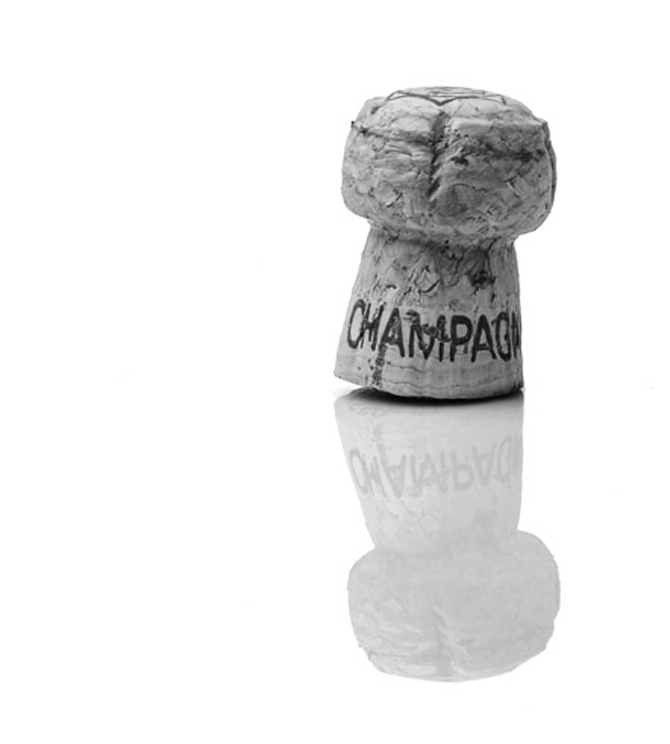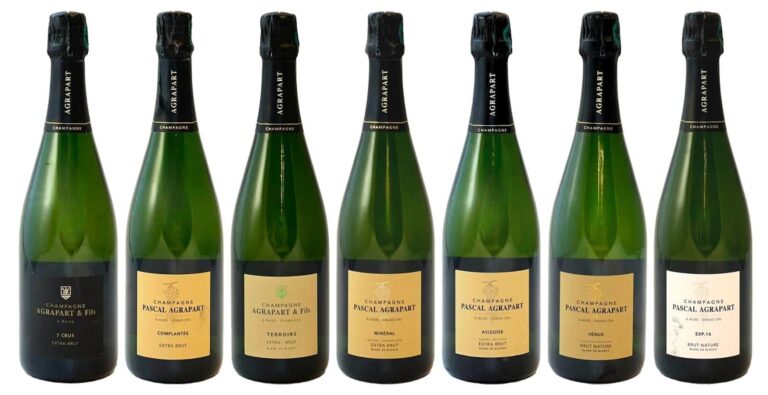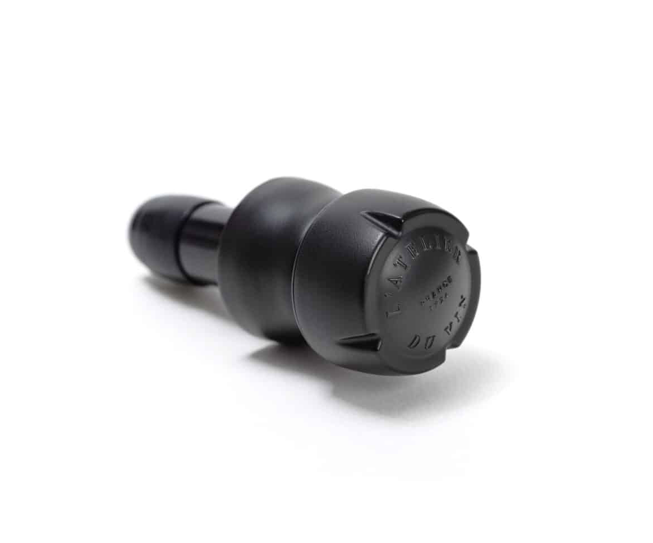Can champagne be cork defect and how can I protect myself against this scourge? Unfortunately, cork defects are much more common than most people think and chemical defects are really a scourge as you so aptly put it. The most common chemical defect in a wine is cork defect (TCA). Unfortunately, as a consumer, you can not protect yourself against cork defects, but it is the responsibility of champagne producers to minimize the problem as much as possible through strict control, purchase of high-quality mold-free cork and chlorine-free handling. 2,4,6-trichloroanisole is the chemical that usually gives off the scent.

It can be felt with the nose in extremely small amounts. Many chemical substances can give rise to similar odors in wine, but then these are generally defects that occur in the winery often caused by insecticides. About 6 percent of all the world’s wines are cork defected, but thanks to greater accuracy, the problem is about half as big in Champagne as my own experience after checking the nearly 100,000 bottles I tested points to about 3 percent cork defect. We can only hope that the promising Diamond and Mytic experiments turn out well for plastic and screw caps, we really want to avoid seeing in Champagne.

Subscribe for 5.9€ a month for full access to the Tasting Library, exclusive articles, videos events and more





